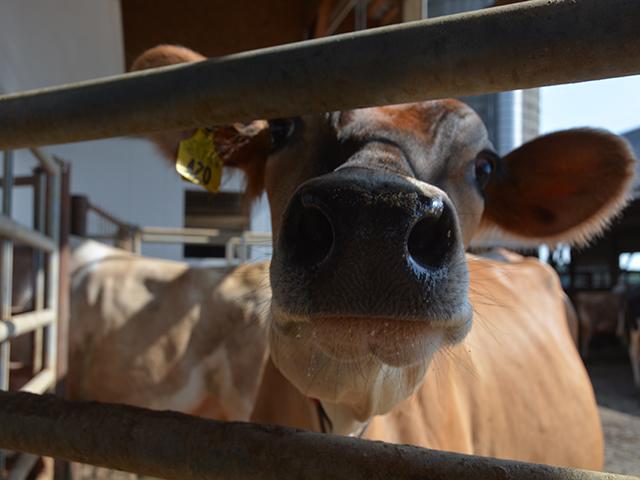Fitness
Iowa Dairy Farm Infected with H5N1 as Number of Cases Rises

Iowa has already been plagued by the H5N1 virus hitting its poultry sector. Since the last week of May, Iowa has reported a 4.3 million egg-laying operation and a 100,000-head commercial turkey operation tested positive for highly pathogenic avian influenza, forcing officials to depopulate both farms.
Iowa officials noted that genomic sequencing of the virus from the egg-laying farm in Sioux County, another northwestern county, was “consistent with the variant identified in affected dairies in other states.”
The sequencing is not yet completed on the virus detected at a recent turkey flock in Cherokee County or the dairy farm in O’Brien County. Epidemiological investigations are ongoing to try to determine how the virus was introduced into the flock and herd.
“Given the spread of Highly Pathogenic Avian Influenza within dairy cattle in many other states, it is not a surprise that we would have a case, given the size of our dairy industry in Iowa,” said Mike Naig, Iowa’s secretary of agriculture.
While H5N1 is fatal to poultry, dairy cows typically have mild symptoms and recover in about two weeks, USDA officials have said.
Three dairy farmers — one in Texas and two in Michigan — have also tested positive for the H5N1 virus. The Centers for Disease Control has continued to try to convince dairy workers to be tested and also wear personal protective equipment (PPE). USDA also has offered incentives to dairy farms to use PPE equipment.
Testing has found inactive fragments of the virus in pasteurized milk. FDA has repeatedly said pasteurized milk does not pose a risk of contracting the virus. Unpasteurized milk, however, does pose a risk if coming from a herd that could be infected with H5N1.
USDA last week announced the release of $824 million to respond to the outbreak, including funds to develop a vaccine, and encourage more dairy farmers to test their milk for the virus.
Naig indicated his department is preparing to help cattle producers recover and will be announcing additional steps to protect flocks and herds.
“Poultry producers and dairy farmers should immediately take steps to harden their biosecurity defenses, limit unnecessary visitors, and report symptomatic birds or cattle to the Department. This remains an evolving situation and we will continue to be in close communication with stakeholders, USDA, and other states as we evaluate our response. Our top priority is to protect our livestock and the farmers and people who care for them.”
Chris Clayton can be reached at Chris.Clayton@dtn.com
Follow him on social platform X @ChrisClaytonDTN
(c) Copyright 2024 DTN, LLC. All rights reserved.


)






